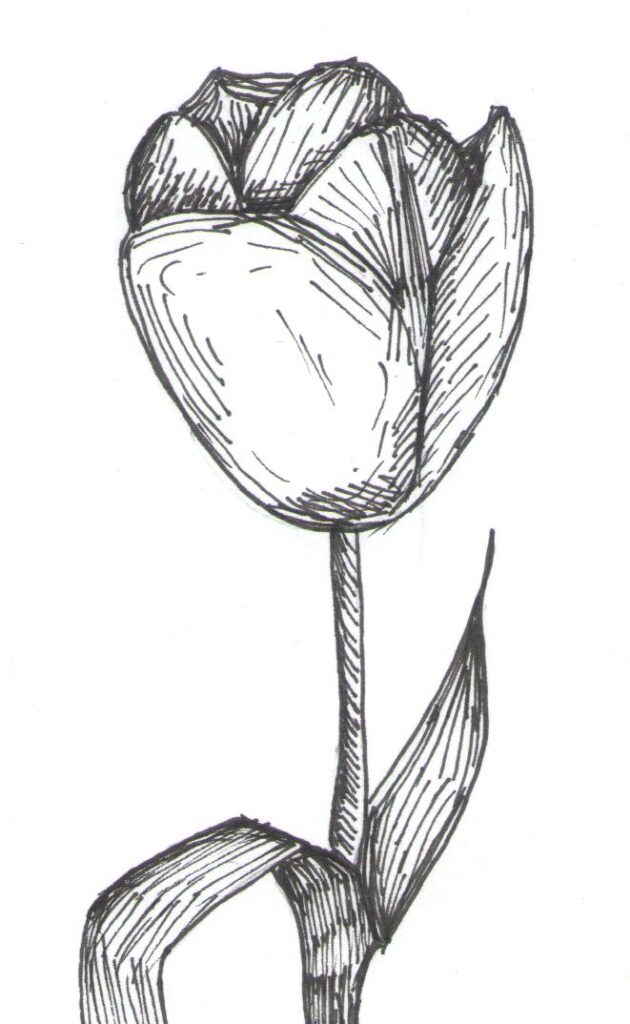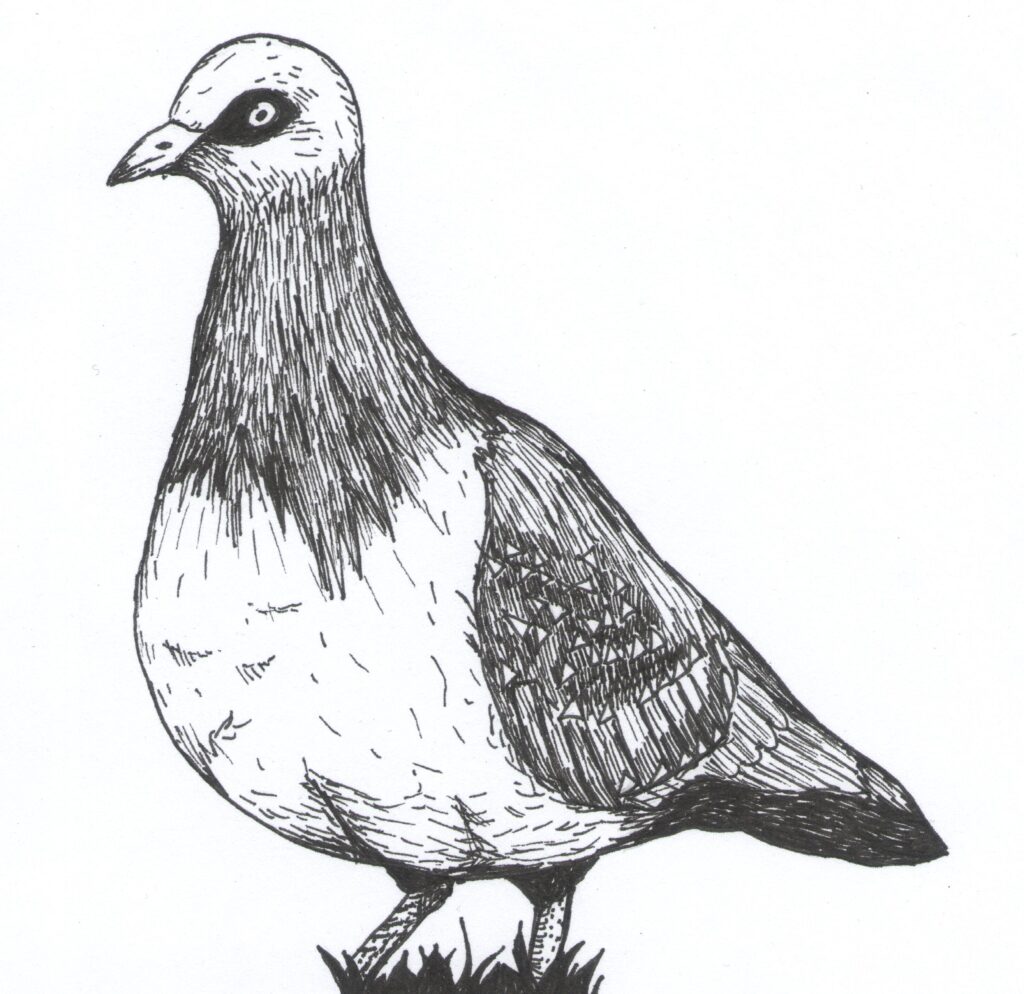A fellow writer once told me that she doesn’t need to be precise in her use of language because she (unlike me) isn’t into the hard sciences (engineering). Her opinion was that because writing is an expression of her thoughts, anything goes.
I’ve encountered this idea many times. The argument is that language belongs to the arts therefore should not be rigorous. Language doesn’t deal with precision like mathematics and engineering. An essay, unlike a math problem, does not have a right answer. This means that we can essentially write what we want.
This is a foolhardy argument. Good writing requires rigorous effort. Much the same kind of effort that one would put into understanding difficult mathematics.
Continue reading “Bad Writing Mostly Goes Unnoticed—But Not By Rigorous Writers”







